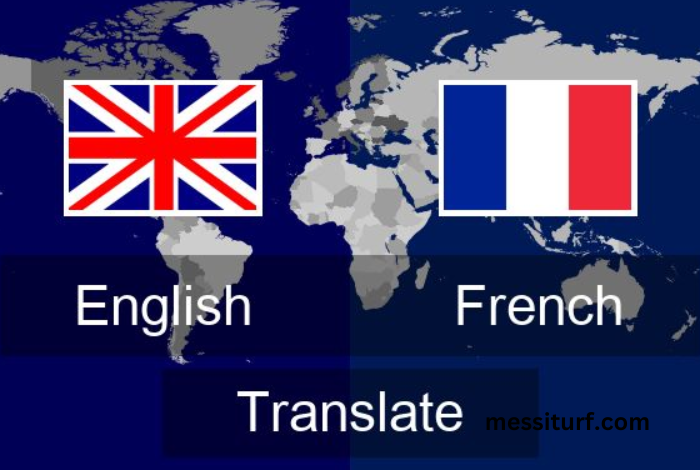
In our interconnected world, the ability to bridge language barriers is more important than ever. Whether for business, travel, or personal communication, the need to translate English to French accurately and effectively is paramount. Join us as we explore the nuances of translation and delve into the strategies and tools available for seamless language conversion.
Understanding the Importance of English to French Translation
English and French stand as two of the most widely spoken languages globally, with French being an official language in numerous countries and English serving as a lingua franca in many contexts. The ability to translate between these languages facilitates communication, fosters understanding, and opens doors to new opportunities in various spheres of life. From international business transactions to cultural exchange, accurate translation plays a pivotal role in bridging linguistic divides.
The Challenges of Translation
While the concept of translation may seem straightforward, the process is far from simple. Translating English to French involves more than substituting words from one language into another; it requires an understanding of linguistic nuances, cultural context, and idiomatic expressions. Challenges such as maintaining tone and style, preserving meaning and intent, and navigating linguistic variations can pose significant hurdles for translators. Moreover, the dynamic nature of language means that translation is an ongoing, evolving process that demands continuous refinement and adaptation.
Strategies for Effective Translation
To achieve successful translation from English to French, translators employ various strategies and techniques tailored to the specific context and content being translated. These strategies may include:
Understanding the Source Text: Before translation begins, it’s crucial for translators to thoroughly comprehend the source text, including its subject matter, tone, and intended audience. This understanding forms the foundation for producing an accurate and contextually appropriate translation.
Maintaining Cultural Sensitivity: Language and culture are intertwined, and effective translation requires sensitivity to cultural nuances and conventions. Translators must consider cultural context when rendering English phrases and idioms into French, ensuring that the translation resonates with the target audience.
Adapting to Linguistic Differences: English and French possess distinct grammatical structures, vocabulary, and syntax. Translators must navigate these differences skillfully, employing techniques such as transposition, modulation, and cultural equivalence to convey meaning accurately in the target language.
Utilizing Translation Tools: In today’s digital age, translators have access to a wealth of translation tools and resources that can enhance efficiency and accuracy. From computer-assisted translation (CAT) software to online dictionaries and reference materials, these tools serve as invaluable aids in the translation process.
Seeking Feedback and Revision: Translation is an iterative process, and soliciting feedback from native speakers and subject matter experts can help ensure the quality and accuracy of the final translation. Revisions and refinements based on feedback contribute to producing a polished and professional result.
Conclusion
In conclusion, translating English to French is a multifaceted endeavor that requires linguistic expertise, cultural sensitivity, and strategic thinking. Whether for business, academic, or personal purposes, accurate translation plays a vital role in facilitating communication and fostering connections across language barriers. By employing effective strategies, utilizing appropriate tools, and embracing the iterative nature of translation, translators can navigate the complexities of language conversion with confidence and precision.



